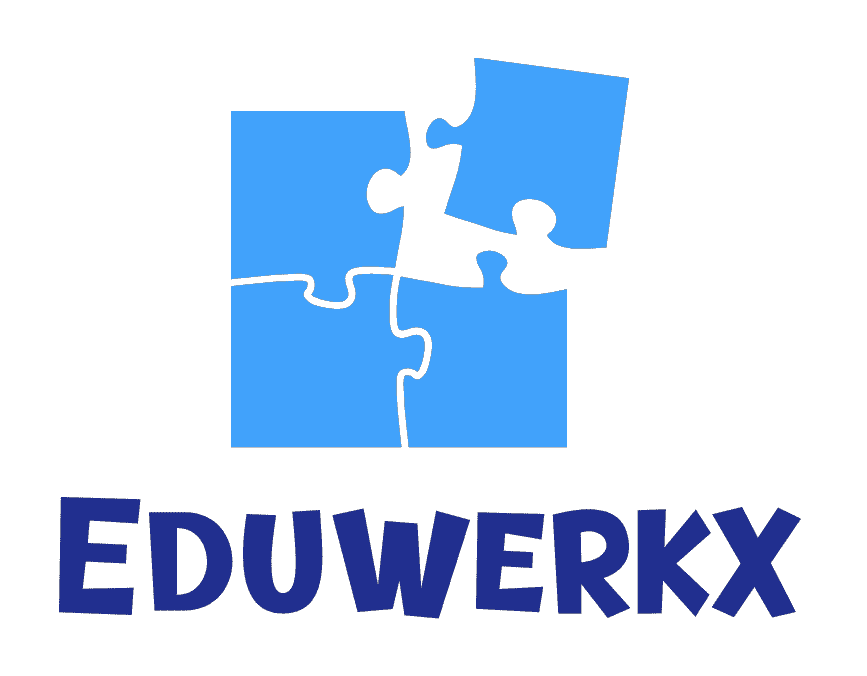As previously highlighted, the Conformist’s morality is internalized as shared group values. Right and wrong are defined by what the group considers acceptable or unacceptable. If the group holds certain behaviors or beliefs as acceptable, the Conformists may adjust their own values to align with the group’s standards, even if those values are immoral or questionable. Unlike the Opportunist who thrives on dominance and skirting rules, the Conformist is conflict avoidant by nature and may feel guilty when breaking rules due to their internalized pressure to conform.
The Conformist will willingly retreat from a situation to maintain the peace, go along with what others say or do even if they don’t completely agree. As technology progresses quickly and job demands increase, those who embrace lifelong learning and possess strong skills are more likely to succeed, while those who merely conform may struggle to keep up. This is the reason why modern education has been shifting its focus to creating a workforce that is capable of navigating change and possess the critical skills that go far beyond mere conformity.
In this post, we will explore the next phase of the ego development: the Expert stage, which education aims to reach.
Stage 5: Expert – Self-Conscious Ego
In contrast to the Conformist, who primarily seeks to meet others’ expectations and fit in, the Expert establishes their own standards and goals while also accommodating social norms. Experts are similar to craftsmen from the past, such as the blacksmith who excels at a specific skill, like metalworking. They place a high value on personal achievement and competence. These values are driven by the maturation of the prefrontal cortex and improved neural connectivity between brain regions. This helps Experts connect their emotions, social skills and thinking more effectively, giving them the ability to hold multiple perspectives instead of a single viewpoint, which is following the crowd.
They begin to think beyond merely fitting in and start wanting to stand out through specialized skills and competence. They have developed enough self-awareness to be able to find personal satisfaction in achieving mastery in their chosen field, rather than simply getting approval from others. This growth leads to the creation of their own internal standards and goals, prioritizing the pursuit of knowledge and technical expertise. Just as Conformists are strict about following rules, Experts are equally rigid with their thinking and learning, often operating within the box created by the system.
Their skills and learning are only focused within their established field, with their learning typically aimed at reinforcing and refining what they already know, rather than fundamentally assessing it. As a result, Experts tend to focus on finding the best solutions within conventional frameworks, approaching problems within the confinements set by the system and relying on tried-and-true methods. Their confidence in their expertise often leads them to dismiss or overlook alternative viewpoints, especially if those perspectives challenge their existing knowledge or the established systems which they operate within.
This mostly happens due to their underdeveloped metacognitive abilities—which is higher-order thinking, such as the ability to question assumptions about their knowledge. This leads to behaviors where they become deeply entrenched in their usual methods, clinging to familiar frameworks even when confronted with evidence suggesting fundamental flaws. Because of their lacking abilities to question their methods, they tend to dismiss contradictory evidence as mere exceptions and focus their efforts on defending their established expertise.
These metacognitive limitations make it difficult for them to let go of the frameworks they have built over time, often convincing themselves that a few small adjustments can always fix the problem. Interested in exploring the next stage of ego development, the Achiever? Like and follow for more.
